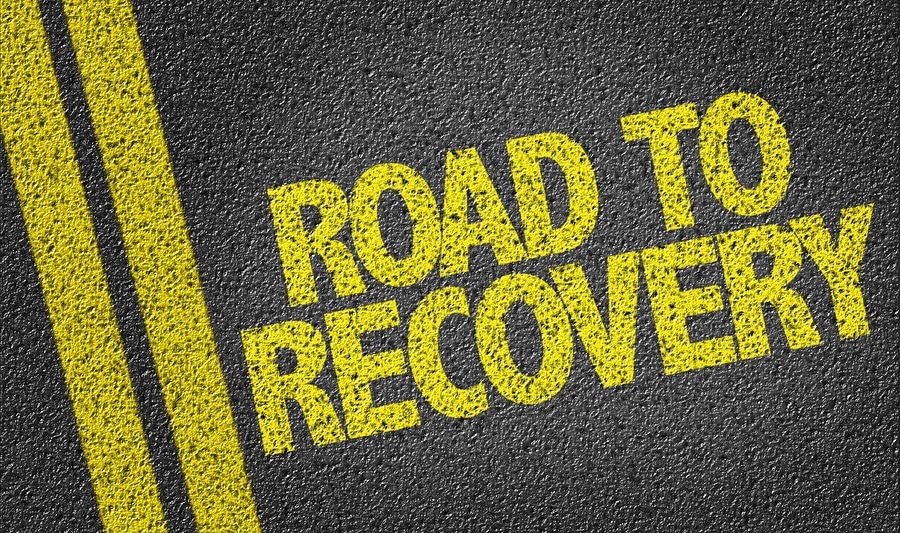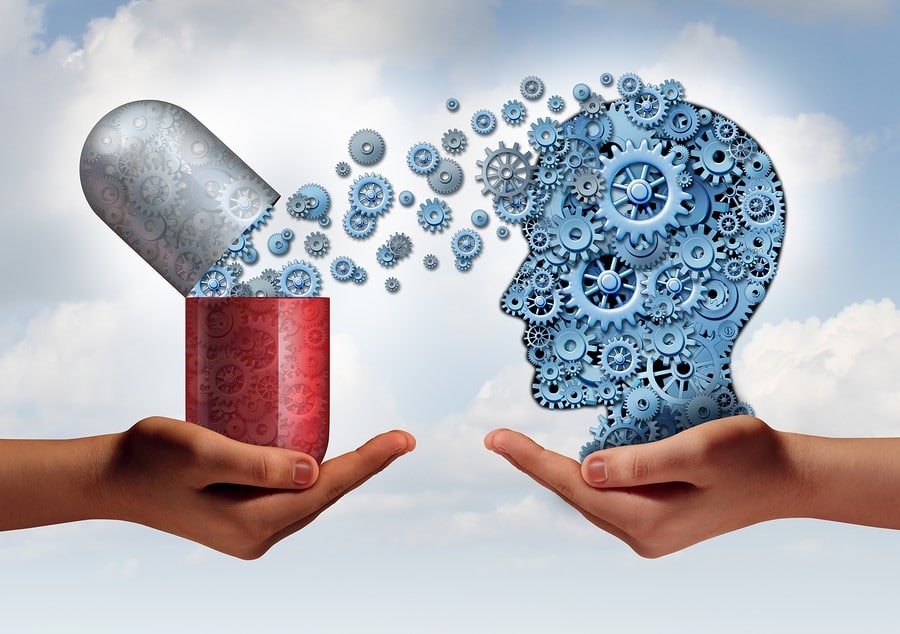No one decides to become an addict. While it is true that a person may decide to engage in substance abuse, it is when that initial choice is followed by addictive consequences that true addiction occurs. Thus, addiction is a disease with both physical and psychological components.

Understanding the nature of addiction is the first step on the road to recovery.
Defining Addiction
The American Society of Addiction Medicine (ASAM) defines addiction in this way: “Addiction is a primary, chronic disease of brain reward, motivation, memory and related circuitry. Dysfunction in these circuits leads to characteristic biological, psychological, social and spiritual manifestations. This is reflected in an individual pathologically pursuing reward and/or relief by substance use and other behaviors … Like other chronic diseases, addiction often involves cycles of relapse and remission. Without treatment or engagement in recovery activities, addiction is progressive and can result in disability or premature death.”
The National Institute on Drug Abuse concurs with the ASAM definition, stating: “Drug addiction is a brain disease. Although initial drug use might be voluntary, drugs of abuse have been shown to alter gene expression and brain circuitry, which in turn affect human behavior. Once addiction develops, these brain changes interfere with an individual’s ability to make voluntary decisions, leading to compulsive drug craving, seeking and use.”
Factors Leading to Addiction
In years past, it was often assumed that addicts are people who simply lack willpower or motivation to change. However, scientific research reveals that there is much more at play in the cycle of addiction. It is now believed that abnormalities in the brain, specifically the neurological system’s reward wiring, may contribute to the disease of addiction.
The problem intensifies when a person chooses risky behaviors like substance abuse, because the behaviors themselves also have neurological effects, making already existing abnormalities more pronounced.
Additionally, just as with other types of diseases, there is a genetic component to addiction. While experts do not give credence to the idea that a person is destined to become an addict, genetics may predispose a person to the tendency.
Psychological and environmental factors, such as exposure to trauma and overwhelming stress, issues with self-identity, a breakdown in social connections, and other issues also play a role in addiction.
Medication as a Means of Addiction Recovery
This improved understanding of the nature of addiction underscores the complexity of the disease. An increasing awareness of the physical causes as well as the physical results of addiction point to the role that medication can play in the recovery process.
Commenting on the use of medication to aid in addiction recovery in the article “A New View of Addiction Stirs Up a Scientific Storm,” Dr. Mark Publicker, medical director of Mercy Recovery Center in Portland (Maine’s largest rehab) and former Regional Chief of Addiction Medicine for Kaiser Permanente Mid-Atlantic Region, notes that addiction recovery depends on treatment of psychological, social, and spiritual aspects of the illness, along with its biological component. “It’s called medication-assisted therapy, not therapy-assisted medication,” he says. “Medication alone fails. I’ve seen this over a very long career. But it can really make a difference in people struggling [not] to relapse.”

Medication plays a significant role in addiction recovery.
While medication is unlikely to provide the total solution for those suffering with addiction, it can play a significant role in supporting other therapies such as psychological and spiritual counseling.
The Takeaway
Addiction is a disease. Contributing factors for addiction can be genetic, environmental, psychological, and biological. Therefore, the treatment for addiction must logically involve therapies that address both physical and psychological needs. Medication provides support for those working to break the cycle of addiction and bring the disease under control.
We’re Here to Help
If you would welcome more information about help with addiction, contact us today. We understand addiction and provide support and treatment to aid in addiction recovery.







